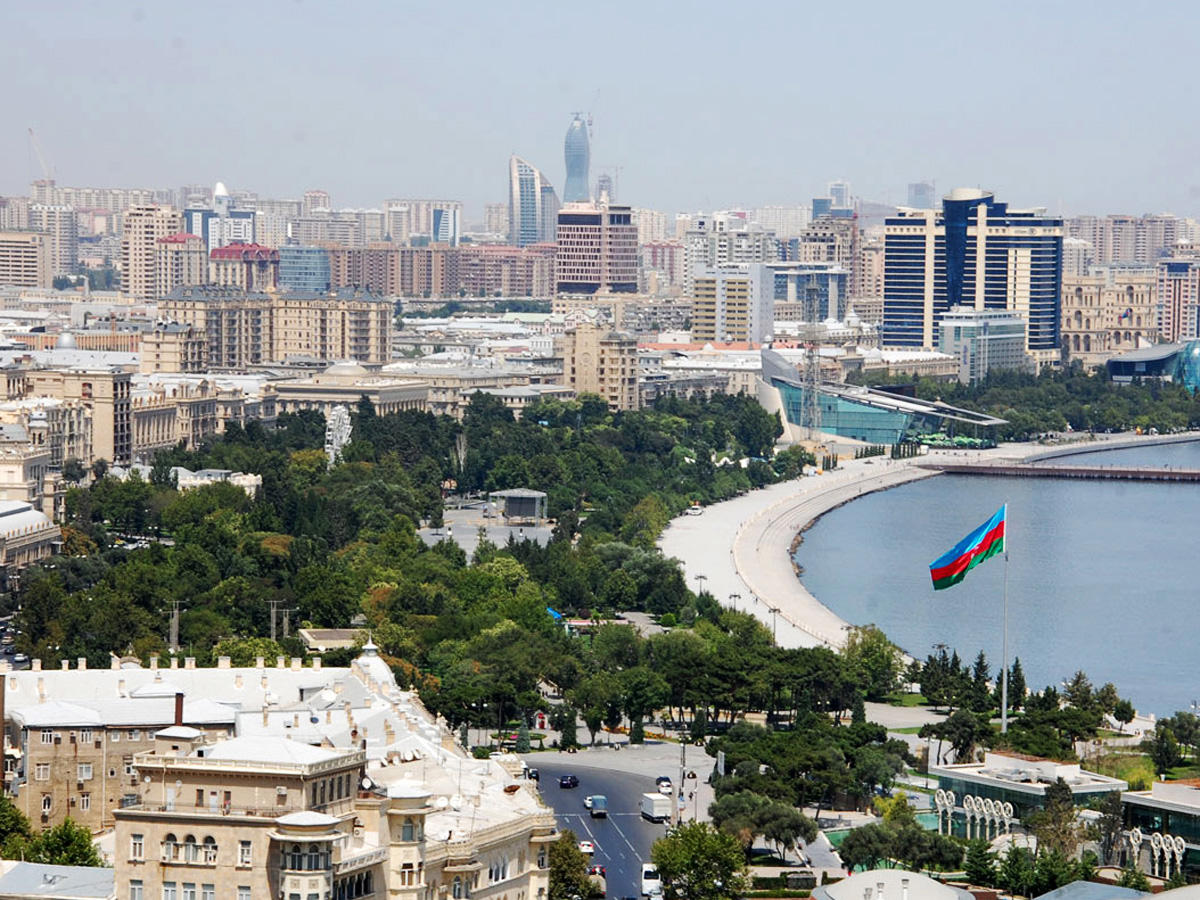The Guardian’s Laundromat affair

By Alan Hope
Karabakh is to blame once again
On Aug 23, 2017 an Azerbaijani football club, from the presently Armenian occupied “ghost city” of Agdam, called Qarabağ (Karabakh) despite the 2-1 loss to the Danish F.C. Copenhagen won on the away goals and became the first Azerbaijani team to reach the group stages of the UEFA Champions League, forcing Armenians to rub their sore eyes with their sore elbows, once again.
The plot for “Laundromat”
The Armenian response wasn’t long awaited, as the realization of an inevitable catastrophic defeat in the current standoff with Azerbaijan had dawned upon them. So, within the framework of their usual modus operandi, they have utilized all the resources at hand, came up with yet another brouhaha claim, added a few well and, a few other, not so well-known journalists and, with the help of an unusual ally, had created the recipe for yet another smudging campaign.
The execution
Thus, on Sept. 4 a new wave of the Armenian smearing campaign had started with the publication of the Danish “Berslinksge Business” Simon Kruse’s article, who, without any provision of a single shred of evidence, mimicking his fellow countryman Hans Christian Anderson’s style, but not the latest writing language, told a fairy tale, filled with unsubstantiated accusations of money laundering and political lobbying against Azerbaijan’s president and his family. The bonnet was promptly picked up by UK’s “The Guardian,” which came out with a series of publications widening the topic and, as a Russian S-400 missile system, aiming for the multiple targets simultaneously.
The authors
“The Guardian” campaign was spearheaded by a well-known foreign correspondent Luke Harding, whose involvement in this charade has raised a few questions of his integrity and biasness in the matter. First of all, Harding’s article was co-authored by Caelainn Barr and Dina Nagapetyants.
Barr is well-known for her work in the Bureau of Investigative Journalism. Nagapetyants, on the hand, have started her collaboration with Harding, seemingly, in 2016, and co-authored his pieces on North Korean defector and a Russian oligarch’s wife. The involvement of a person of an Armenian descent, regardless of his/hers professional qualities, by the world-renowned journalist in the sensitive matter dedicated to Azerbaijan, goes either to Harding’s ignorance, which undermines his professionalism, or his prejudice.
The targets
The second question is related to Harding’s choice of targets, which are not limited to country’s elite, but directed to include a former Council of Europe MP Luca Volontè, a former German MP Eduard Lintner and the former head and now a consultant of the European Bank for Reconstruction and Development (EBRD) Kalin Mitrev.
The US President Donald Trump, British PM Theresa May and the German Chancellor Angela Merkel had been unwittingly turned into collateral damages. Volonte and Litner were targeted for their stance on the Karabakh conflict, in support of Azerbaijan. Mitrev was targeted, as an asymmetric blow against his wife, the interim Director-General of UNESCO Irina Bokova, and at the prospects of Azerbaijani candidate for her post Polad Bulbuloglu, as well as to undermine the Baku visit of the EBRD President Suma Chakrabarti planned for the June of 2017.
Trump had received shrapnel due his business activities involving Azerbaijan, although he had stopped it once in the office. Merkel is “guilty by association” with Litner, as a member of his sister party. May – because it happened on her watch, though she has been in the office since 2016 and Harding’s story covers 2012-2014.
Another surprising target is Russia. “The Guardian’s” graph attached to the article shows the Russian government as one of the parties channeling finances into the “secret fund,” and yet Harding doesn’t elaborate on the issue or even mentions it. It seems that his old grudge against the official Moscow still holds, but he avoided further escalation and didn’t try to avenge his diminished dignity.
The premise
The third question is on Harding’s premise itself. He states that “Danske [Bank] admits that controls at its Estonian branch to detect and stop money laundering were not good enough,” but concludes that in experts’ opinion “pattern combined with the sheer ‘velocity’ of the transactions should have raised red flags.” Could such a scenario be viable in a post 9-11 era? Doubtful!
An unusual ally
In the midst of the havoc “The Guardian” campaign had created an unforeseen Armenian ally had appeared on the scene. The official Baku had claimed that, trivial financier George Soros is the actual puppeteer of the whole charade. Soros, well known for his barbaric financier methods, involving his usual play for the short of the sovereign currencies, like his latest affair with the Thailand’s Baht, raises the issue of his possible play for devaluation of the Azerbaijani manat. Recalling his constant involvement in the rainbow-colored revolutions, it’s plausible to estimate that he might be trying to overthrow the legitimate Azerbaijani government. Notwithstanding, it’s hard to imagine that Baku would voice Soros’s name without a concrete evidence of his involvement.
The “unfortunate” conclusion
Sheer audacity of the latest campaign could have been adhered to a fake website publishing, like the one witnessed in August of 2017, when theguadıan.com site attributed its faked publications to the “The Guardian.” Unfortunately, Harding and his fellow journalists addressing the issue had proven that “The Guardian” with its scandal-mongering and hunt for sensationalism had turned into yet another source of tabloid journalism.
---
Follow us on Twitter @AzerNewsAz
Here we are to serve you with news right now. It does not cost much, but worth your attention.
Choose to support open, independent, quality journalism and subscribe on a monthly basis.
By subscribing to our online newspaper, you can have full digital access to all news, analysis, and much more.
You can also follow AzerNEWS on Twitter @AzerNewsAz or Facebook @AzerNewsNewspaper
Thank you!
